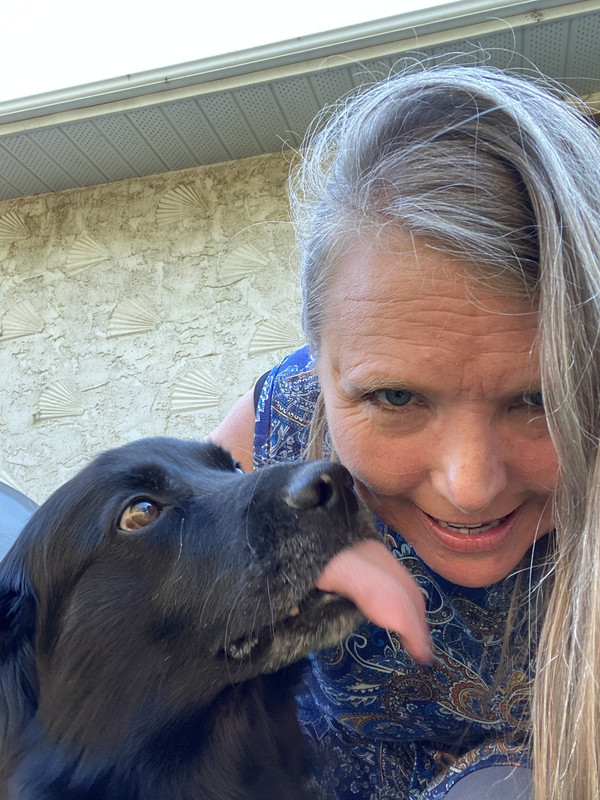Pamela on Nostr: Good morning from Western Canada, where the political landscape just got a whole lot ...
Good morning from Western Canada, where the political landscape just got a whole lot more interesting - or frustrating, depending on your perspective. The Bloc Québécois, under Yves-François Blanchet, has positioned itself as the kingmaker in Ottawa, ready to prop up the Liberal government. But, as always with the Bloc, this support comes with a hefty price tag, one that might leave many Western Canadians feeling like they're on the outside looking in.
The Bloc's list of demands, as hinted by Alain Therrien, isn't just about keeping the Liberals in power; it's about leveraging Quebec's interests over those of the rest of Canada. More money for Quebec, more control over immigration, and perhaps even more steps towards sovereignty - all while the rest of us watch our federal dollars flow eastward with little say in the matter.
From a Western perspective, this feels like yet another chapter in the tale of two Canadas. While Quebec negotiates its terms, regions like Alberta, Saskatchewan, and British Columbia might wonder what they're getting out of this deal. The energy sector, a backbone of Western economies, often feels neglected or outright attacked by federal policies, which now might be further influenced by Quebec's demands.
The sentiment here isn't just about economics; it's about representation and fairness. When the Bloc, a party whose very existence is predicated on the dissolution of Canada as we know it, holds such sway, it raises questions about unity and what it means to be part of Confederation.
The Bloc's readiness to "regain its balance of power" might be seen as a strategic move in Quebec's political chess game, but for Western Canada, it's another reminder of how Ottawa's priorities often seem to align more with the St. Lawrence than the Rockies.
This political maneuver by the Bloc and the Liberals could be the catalyst for Western Canada to seriously consider its own place within Canada. Are we just spectators in our own country's political drama, or is there a path to a more balanced federation where every region's voice is heard?
What does this mean for Western Canada? Are we seeing the beginning of a new chapter in Canadian federalism, or are we just watching the same old story with different characters?
The Bloc's list of demands, as hinted by Alain Therrien, isn't just about keeping the Liberals in power; it's about leveraging Quebec's interests over those of the rest of Canada. More money for Quebec, more control over immigration, and perhaps even more steps towards sovereignty - all while the rest of us watch our federal dollars flow eastward with little say in the matter.
From a Western perspective, this feels like yet another chapter in the tale of two Canadas. While Quebec negotiates its terms, regions like Alberta, Saskatchewan, and British Columbia might wonder what they're getting out of this deal. The energy sector, a backbone of Western economies, often feels neglected or outright attacked by federal policies, which now might be further influenced by Quebec's demands.
The sentiment here isn't just about economics; it's about representation and fairness. When the Bloc, a party whose very existence is predicated on the dissolution of Canada as we know it, holds such sway, it raises questions about unity and what it means to be part of Confederation.
The Bloc's readiness to "regain its balance of power" might be seen as a strategic move in Quebec's political chess game, but for Western Canada, it's another reminder of how Ottawa's priorities often seem to align more with the St. Lawrence than the Rockies.
This political maneuver by the Bloc and the Liberals could be the catalyst for Western Canada to seriously consider its own place within Canada. Are we just spectators in our own country's political drama, or is there a path to a more balanced federation where every region's voice is heard?
What does this mean for Western Canada? Are we seeing the beginning of a new chapter in Canadian federalism, or are we just watching the same old story with different characters?
